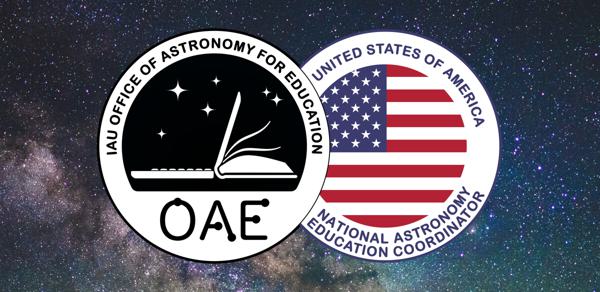Glossary term: 中天
Description: 在天文學中,中天是指天體通過觀測者當地子午線的時刻。當一個天體穿過子午線時,它要麼處於最高點,要麼處於最低點。
從觀測者的角度看,天球似乎是圍繞地球旋轉的。這意味著,天體在一天中的運行軌跡是圓形的。大多數天體從東方升起,在天空中移動到更高的位置,直到穿過子午線,然後在天空中移動到更低的位置,在西方落下。拱極天體是指距離天極之一足夠近的天體,觀測者可以在一個恆星日(略少於 24 小時)內看到其完整的圓形路徑。在任何情況下,天體到達最高點都是在穿過子午線的瞬間。到達最高點的瞬間被稱為上中天。12 個小時(恆星時)後,當天體位於天空最低點時(通常低於地平線),這一瞬間被稱為下中天。
由於中天是天體穿過觀測者當地子午線的時刻,因此也通常被稱為子午線經過或子午線穿越。天體的時角是相對於觀測者的當地子午線定義的,因此根據定義,上中天發生在時角為 0 時的瞬間,下中天發生在時角為 12 時的瞬間。
Related Terms:
See this term in other languages
Term and definition status: The original definition of this term in English have been approved by a research astronomer and a teacher The translation of this term and its definition is still awaiting approval
This is an automated transliteration of the simplified Chinese translation of this term
The OAE Multilingual Glossary is a project of the IAU Office of Astronomy for Education (OAE) in collaboration with the IAU Office of Astronomy Outreach (OAO). The terms and definitions were chosen, written and reviewed by a collective effort from the OAE, the OAE Centers and Nodes, the OAE National Astronomy Education Coordinators (NAECs) and other volunteers. You can find a full list of credits here. All glossary terms and their definitions are released under a Creative Commons CC BY-4.0 license and should be credited to "IAU OAE".
If you notice a factual or translation error in this glossary term or definition then please get in touch.








